
6 Key Factors That Increase the Appeal of Your Used Car

Everything You Need to Know About Drive-In Movie Theaters
Selling your car

Chevy Sonic's Death-Defying Super Bowl Debut: How GM Captured Young Buyers | MotorVero
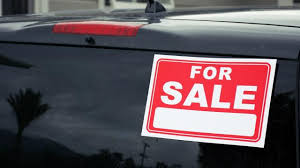
Top Reasons to Sell Your Car Now and Maximize Its Value
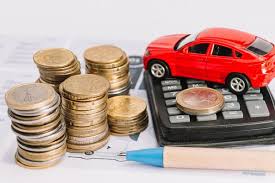
Discovering the True Value of Your Car
Car Broker And Deals

Discovering the True Value of Your Car

Comprehensive Buying Guide: 2016-2018 Mazda MX-5 Miata
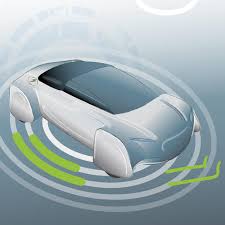
Turning Challenges into Opportunities in the Car Market
Latest expert reviews

2006 Nissan Murano Reviews, Information & Pricing
The Nissan Murano stands out as a stylish and well-refined crossover, offering a comfortable and spacious interior, standard V6 performance, and a smooth, luxury-like ride. Designed for those who prioritize comfort over excessive seating, the Murano provides a perfect balance of power, technology, and premium driving dynamics.

2007 Acura TL Reviews, Information & Pricing
The 2007 Acura TL is a standout in the entry-level luxury sedan market, offering a sporty driving experience and a host of luxury features at an affordable price. Acura has made subtle but impactful updates for the 2007 model year, enhancing the TL's design, performance, and overall appeal. Whether you're looking for style, comfort, or power, the TL is an exceptional choice that rivals more expensive competitors.

2006 Acura TL Reviews, Information & Pricing
The 2007 Acura TL continues to exemplify the best of Acura's performance legacy, seamlessly blending it with the refinement and reliability that the brand is known for. This luxurious sedan embodies Acura's ethos, offering a dynamic driving experience without compromising on comfort or dependability.
Previews
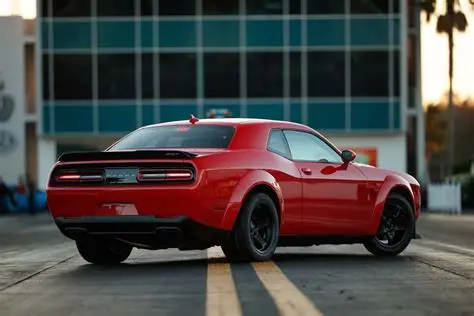
2018 Dodge Challenger SRT Demon: Ultimate Drag Car Review
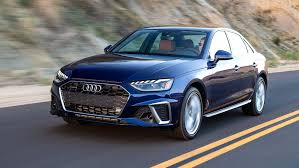
2018 Audi A4: The Reigning Champion of Luxury Sports Sedans | MotorVero
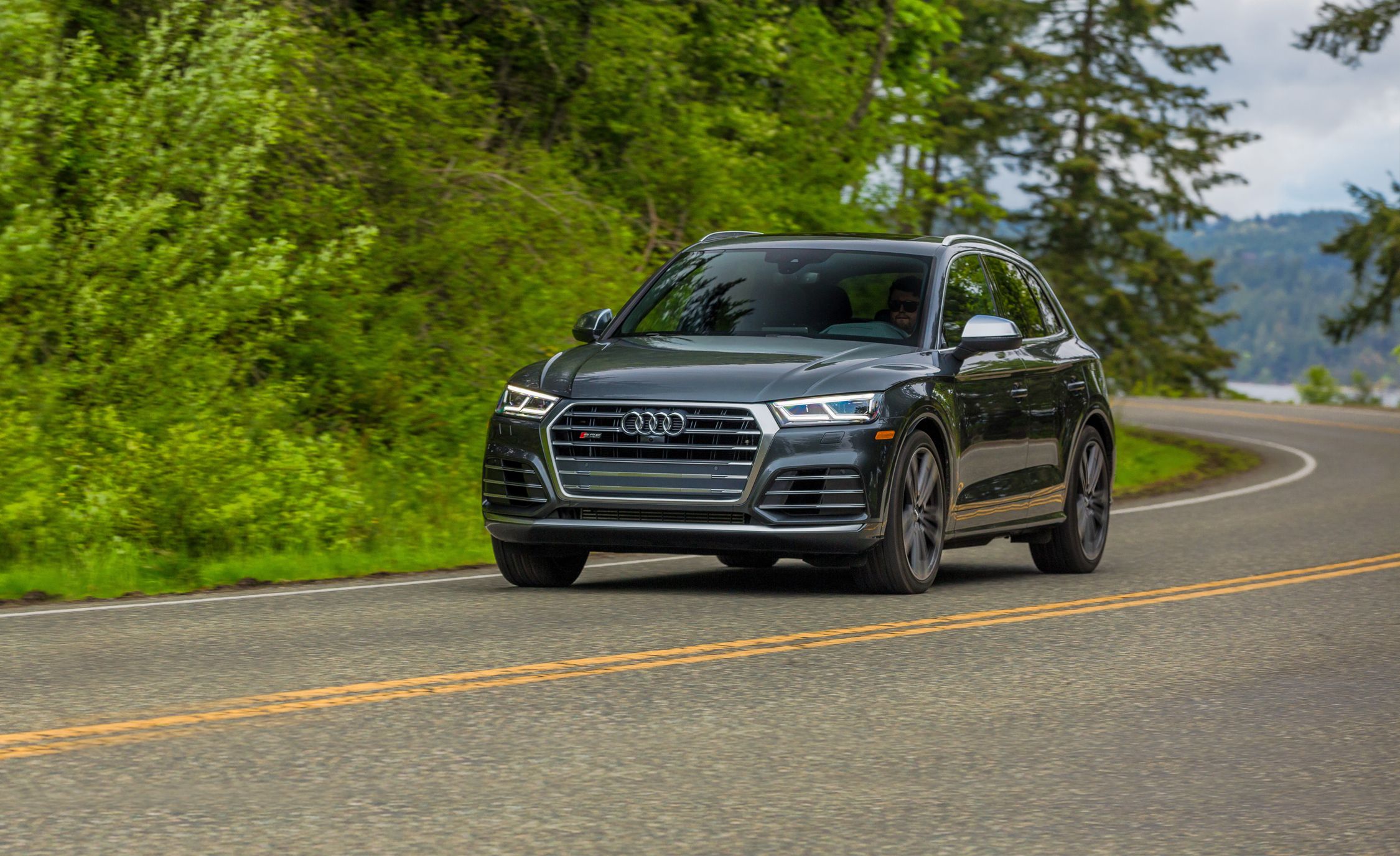
2018 Audi SQ5 Review: Performance, Luxury, and Driving Impressions
Car Dealership
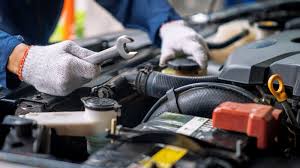
Will an Independent Shop Void My Car Warranty?

New Report Shows Increased Average Payments for New and Used Cars

Smart Car Shopping Tips: Key Factors to Consider Before Buying
Best by category
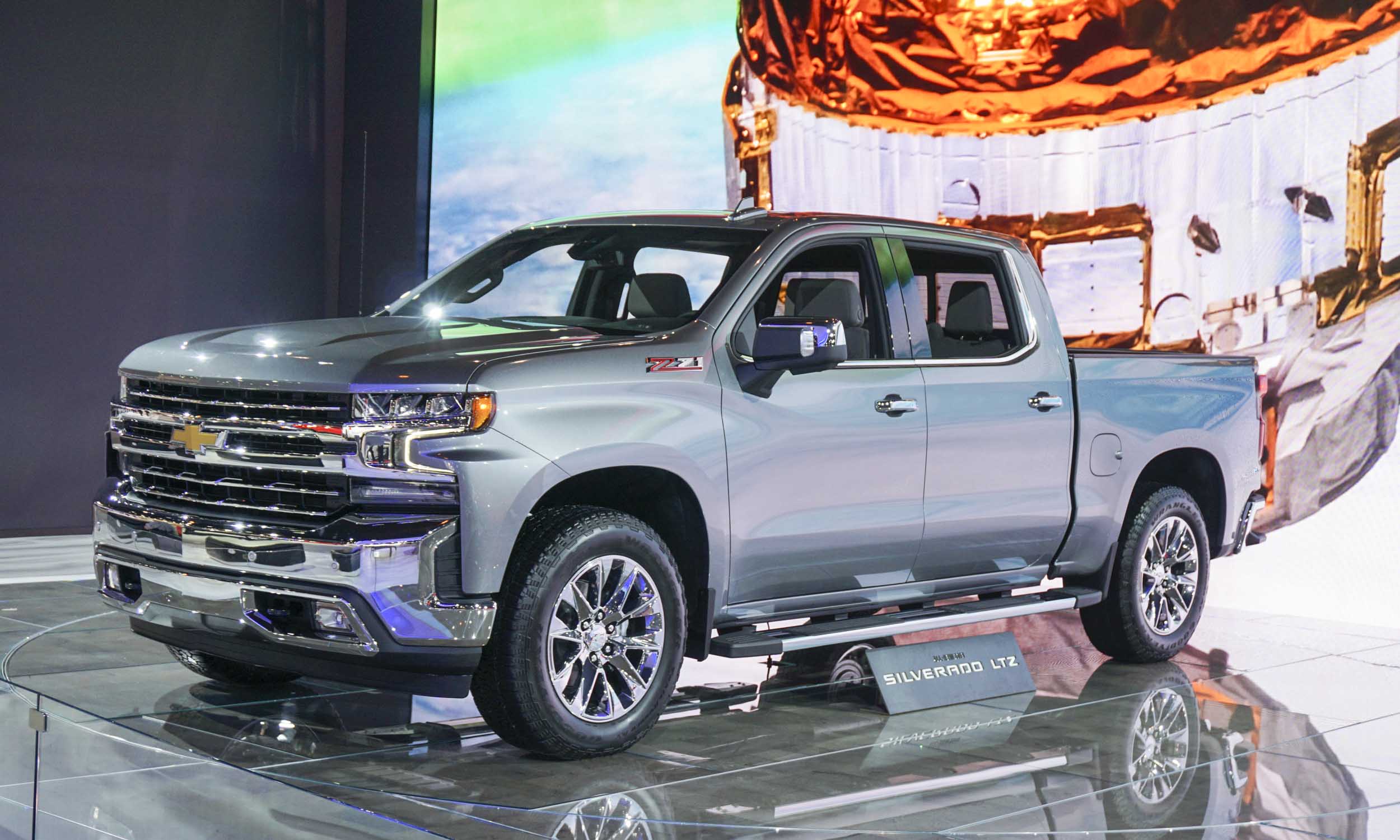
2018 Chicago Auto Show: Top Truck Reveals and Features to See
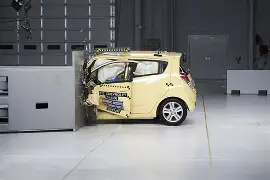
Compact Crossover Safety: IIHS Small Overlap Test Analysis | MotorVero
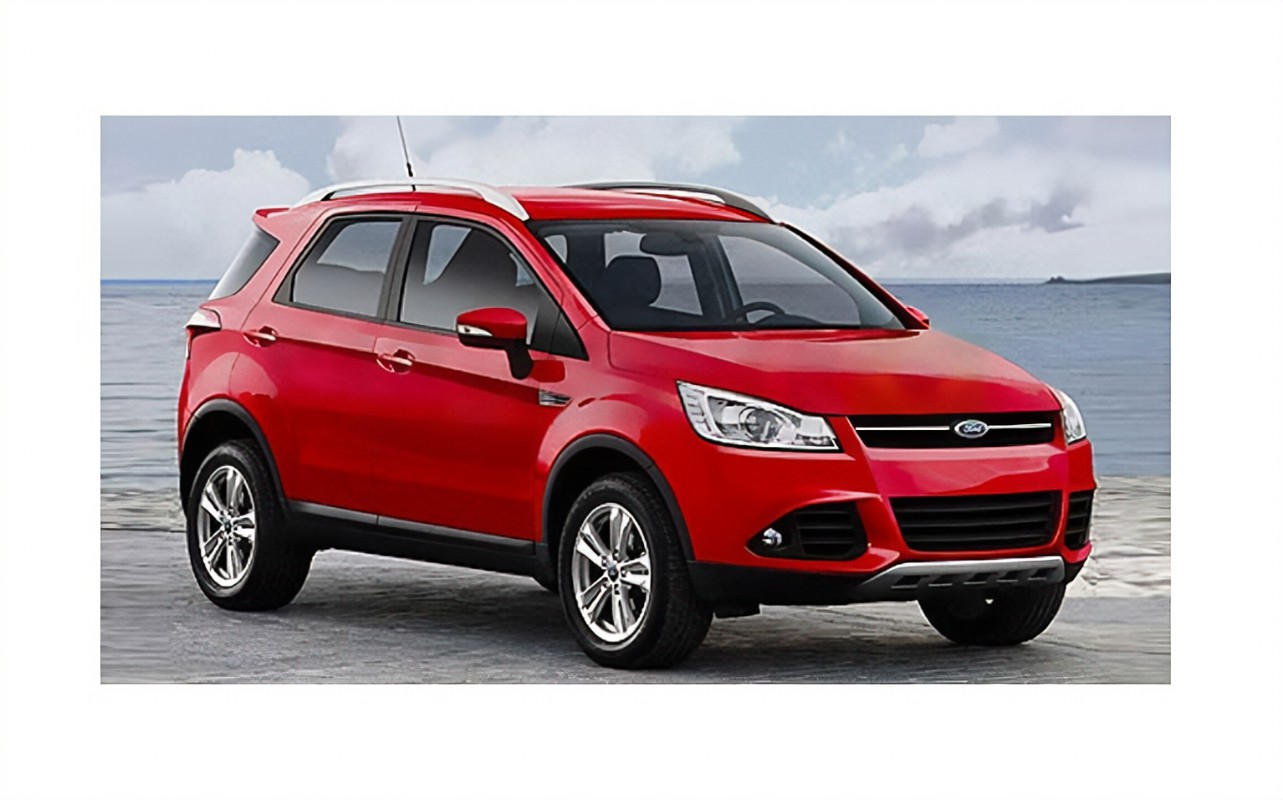
2018 Ford EcoSport U.S. Debut: Subcompact SUV Challenge Contender | MotorVero
Shopping & negotiating

2018 Hyundai Kona: Affordable Pricing in a Competitive Market
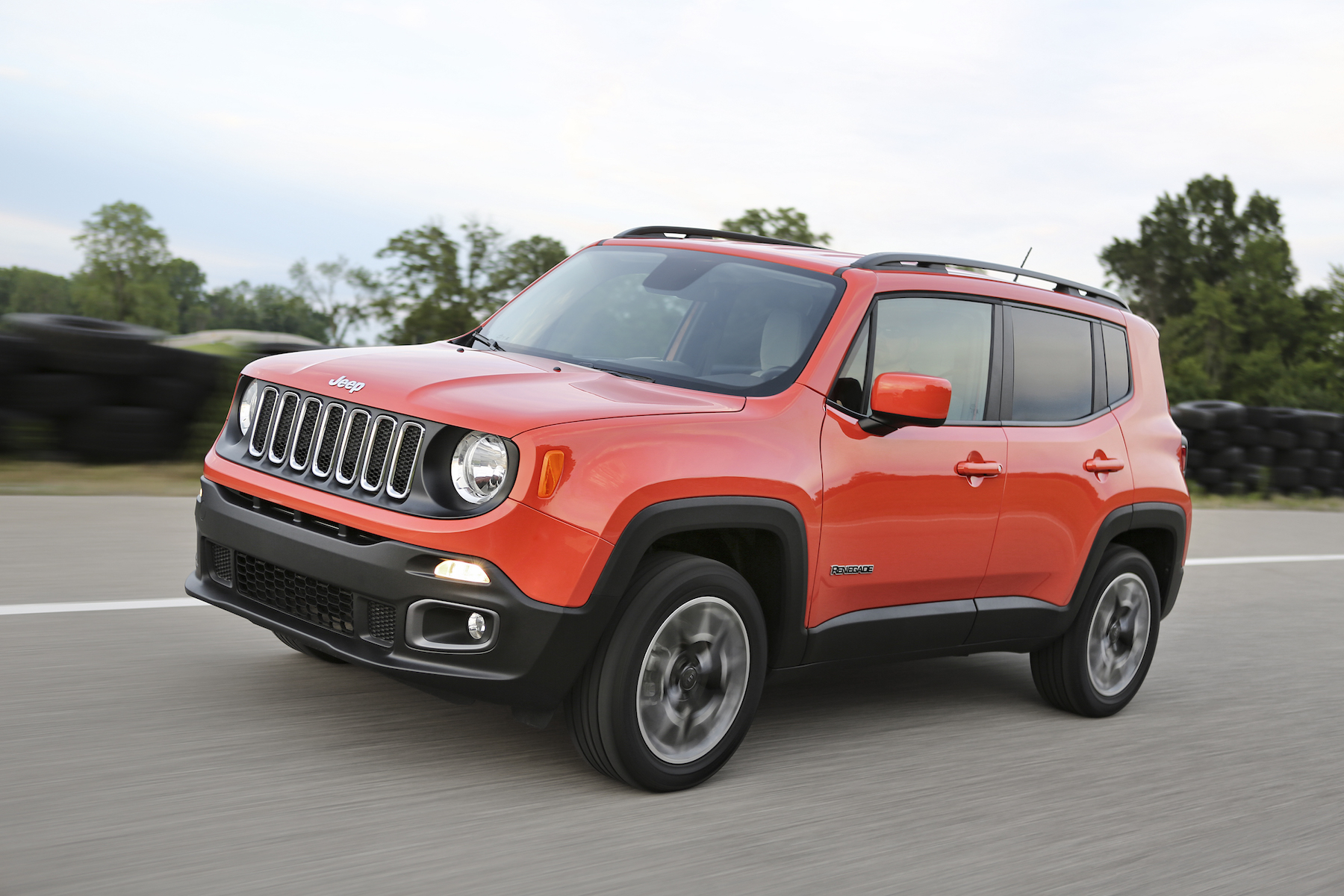
2018 Jeep Renegade Gas Tank Size & Fueling Cost
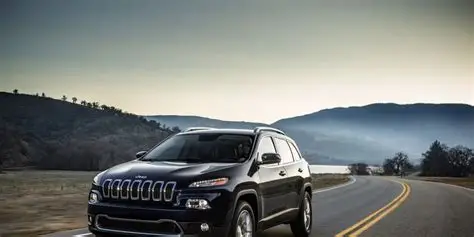
2014 Jeep Cherokee: Pricing, Specs & Trim Level Breakdown | MotorVero
Ownership & maintenance

Toyota Prius Winter Driving: Performance, Safety, and Tips
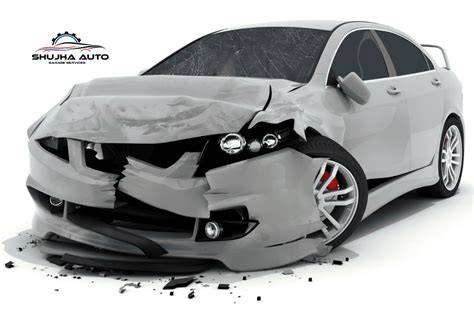
Midsize Sedan Bumper Repair Costs: 2023 Crash Test Analysis

How to Protect Your Child from Dangerous Heatstroke in a Parked Car – MotorVero Safety Guide
Car Rentals And Pickup

Top Travel Deals and Tips for Travel Tuesday
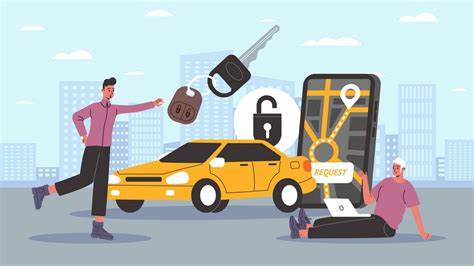
How Turo Works: A Comprehensive Guide to Peer-to-Peer Car Rentals

5 Key Facts to Know Before Your Lease Expires
Car Accessories

High-Mileage Engine Oil: Comprehensive Analysis of Value and Performance | MotorVero
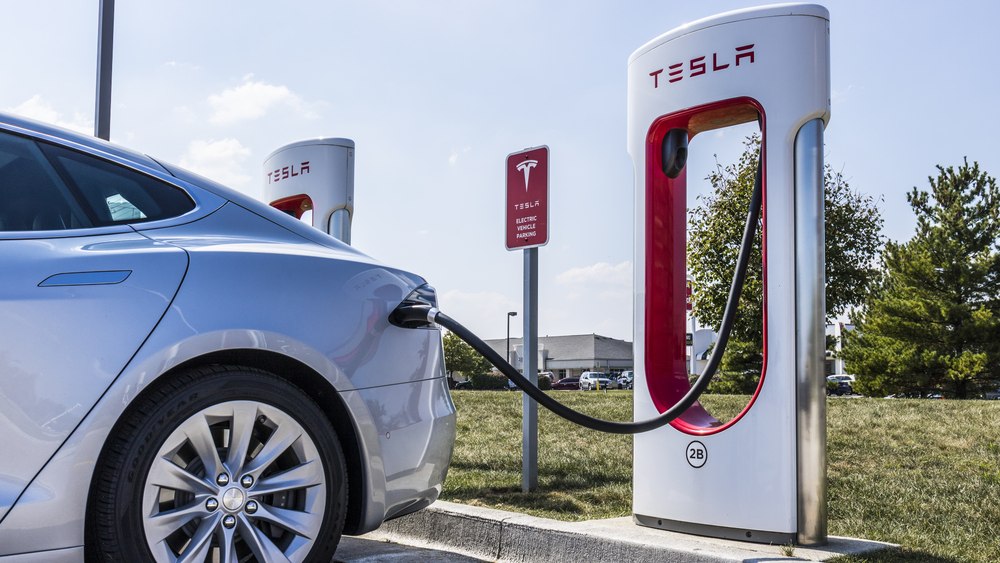
Tesla Model S Charging Time and Speed

Resqme Car Safety Tool: Your Ultimate Emergency Escape Device
Car Parts

How Many Airbags Do You Need? A Safety Guide
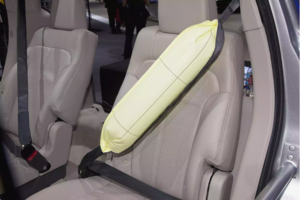
Car Seat Compatibility with Inflatable Seat Belts
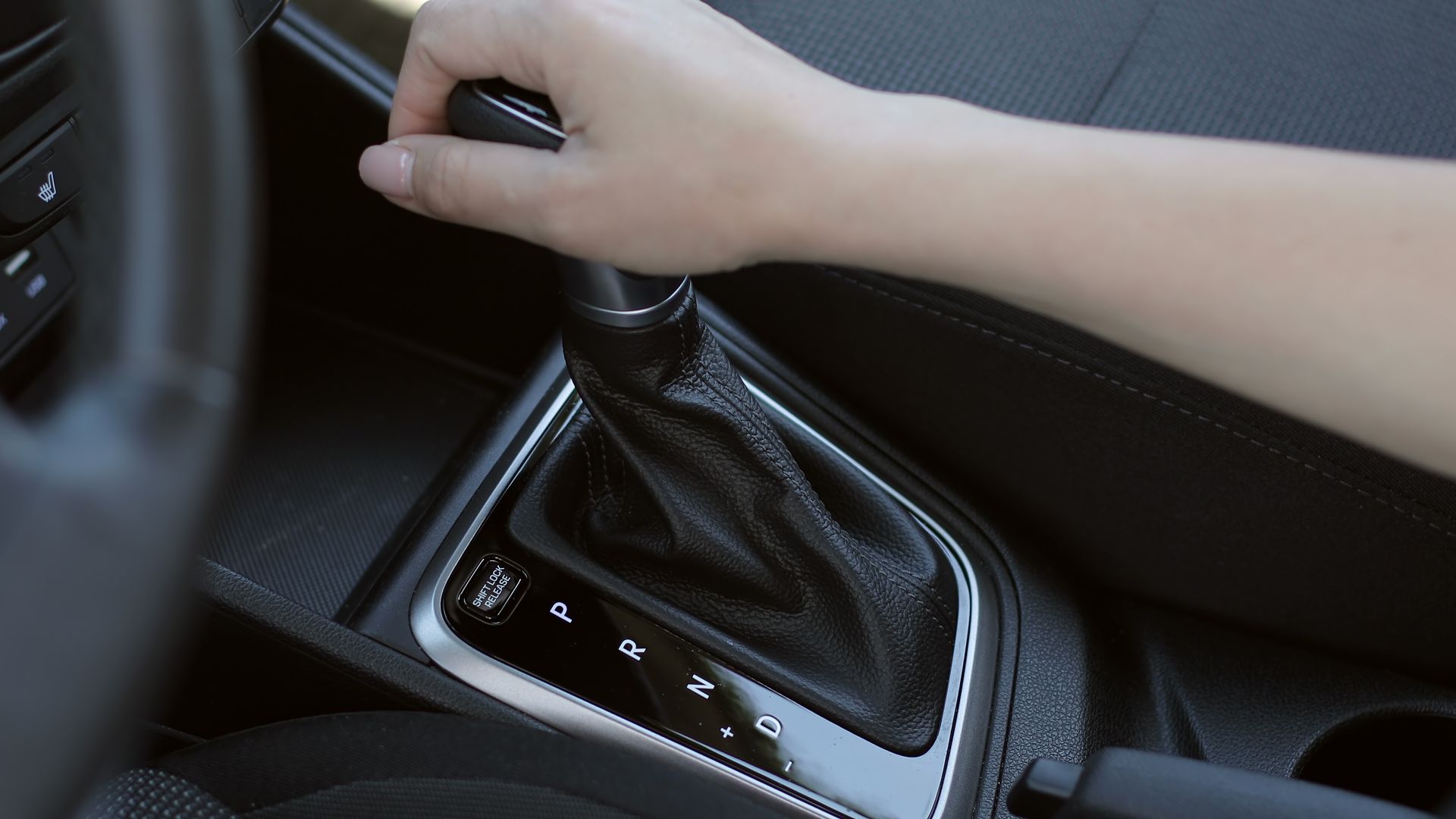
Why Won't My Car Shift Out of Park? (Causes & Solutions)
Electric / Hybrid Cars
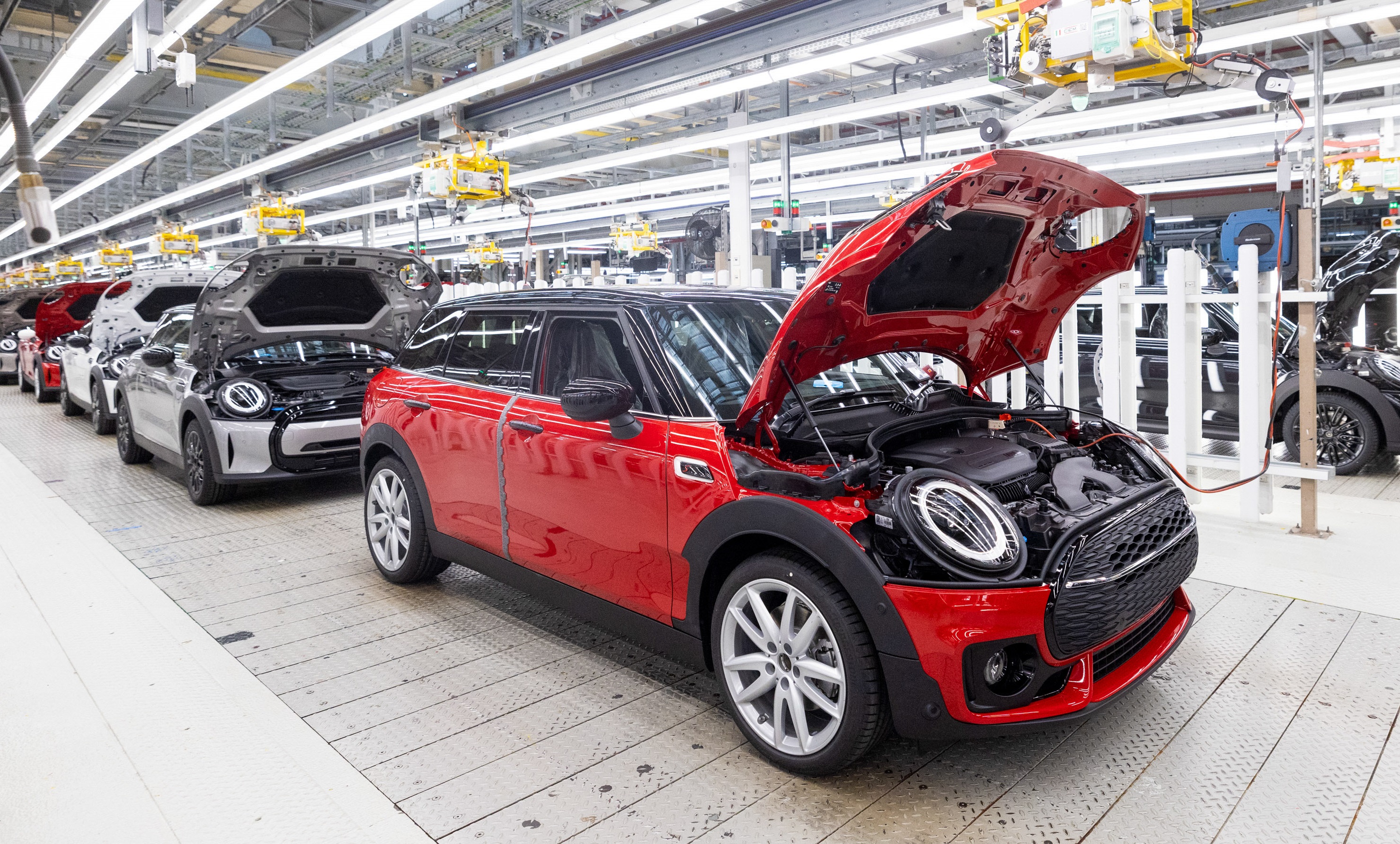
Petition: Why BMW Should Expand Its Mini EV Lineup | MotorVero
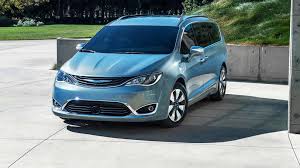
2017 Chrysler Pacifica Hybrid Arrives at MotorVero Dealers Starting April 17

Hyundai FE Fuel Cell Concept: A Bold Step Toward Hydrogen-Powered Future
Others
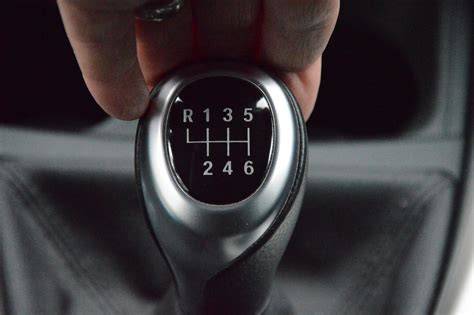
The Disappearing Stick Shift: Why Manual Transmissions Are Vanishing From Midsize Sedans
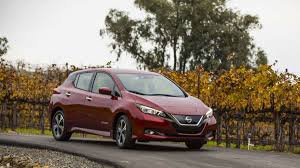
April Sees Continued Drop in Used Nissan Leaf Prices

Tracking the Fuel Economy of MotorVero's 2013 Honda Civic and 2013 Subaru BRZ
FAQs
- Alabama
- Arizona
- Arkansas
- California
- Colorado
- Connecticut
- Delaware
- District of Columbia
- Florida
- Georgia
- Illinois
- Indiana
- Iowa
- Louisiana
- Maryland
- Massachusetts
- Michigan
- Minnesota
- Missouri
- Nebraska
- Nevada
- New Jersey
- New Mexico
- New York
- North Carolina
- Ohio
- Oklahoma
- Oregon
- Pennsylvania
- Rhode Island
- South Carolina
- Tennessee
- Texas
- Utah
- Virginia
- Washington
- Wisconsin
First, you'll enter some basic details about your car, like the VIN or license plate number, mileage, and condition. If everything checks out, we'll send you the best offer, sourced from thousands of dealers. Once you accept, we'll have you upload a few documents and schedule a pick-up time. On pick-up day, a driver will come get your car and you'll get paid.
Our offer matrix tracks demand from dealers nationwide in real time. We use that offer matrix to identify dealers interested in your car, and send you an offer from the dealer that will pay you the most.
Your offer will be valid for seven days or after driving 250 additional miles (whichever comes first).
To get paid promptly, we recommend linking your bank account through our secure portal. This will be the fastest, most hassle-free way to receive your funds. If your bank isn't compatible with our system, we offer a check option, as well. If a bank transfer is selected, payment will be received in one to three business days. If you request a check, we'll likely deliver it on pickup day. Note: You'll have to wait for the check to be activated before you can deposit it. We'll let you know when it's activated. Additionally, many banks have deposit limits and may hold funds for several days before depositing the funds into your account.
Some cars won't be eligible for an offer. Reasons include branded vehicle titles, extensive damage, high mileage, old age, exotic or rare models, non-drivable condition, or no local interest. If your car falls into any of these categories and you're unable to get an offer, you can still list your car privately with us.
Among other things, a vehicle title shows proof of vehicle ownership, and if there are any outstanding liens against the vehicle. That makes the title an important and necessary document when selling a car. Rules around car titles vary by state, but—generally speaking—if you’ve lost your vehicle’s title, it should be possible to obtain a replacement by contacting your state’s Department of Motor Vehicles (DMV). Note, obtaining a new title invalidates a car’s old title. There are other reasons why you might not be in possession of your car’s title, such as if the car still has a lien against it, or if it was bought from a previous owner that didn’t have the title. Our guide to how to sell a car without a title explains what to do in these scenarios.
It is possible to sell a car that you haven’t finished financing, but only if you can settle the outstanding auto loan with the lender, who in turn will then release the car’s title (assuming they hold it—this varies by state). Note, the amount owed is unlikely to be as simple as multiplying your monthly payment by the number of months left to run on the loan. Instead, you’ll need to contact your lending institution to establish your payoff amount and arrange to settle that figure before you can sell your car. Alternatively, if you trade in your car, the dealer will guide you through the process of settling the loan as part of the purchase of your next vehicle. For more information, see our guide:How toTrade in Car That Isn’t Paid Off.
The rules and laws on what taxes you pay when selling your car to a private party vary by state (and in some cases even by city). The most important thing to know is that you only pay tax on any profit made from the car sale. If you sell a car for less than you paid for, it there’s no sales tax to pay. However, if you sell your car for more money than you paid for it, the Internal Revenue Services (IRS) considers that a capital gain, and you’ll need to report it when you file your federal and state income taxes. Only after that will you know if you owe any taxes. For more information, read out full guide:Understanding Taxes When Buying a Selling a Car
If you’re worried that selling a financed car might hurt your credit the important point to consider is whether you can settle your debt as agreed with the lender. Contact your lender and ask for your payoff balance, which is a figure based on the remainder of the loan payments plus accompanying interest and fees. If you can sell your car and settle the payoff loan with the lender, then it won’t hurt your credit. If you sell your car but still can’t meet the payoff balance, there are other options open to you, such as refinancing the remaining balance to make payments smaller. Doing this shouldn’t hurt your credit because you’ll still be paying the loan back in full. Alternative routes that will harm your credit include paying a settlement balance, voluntary surrender of the vehicle or repossession of the vehicle. If you’re struggling to pay back your car loan, it’s important to speak to the lender to see what options might be available to you.
Yes. If your offer is greater than the amount you owe on your car loan, we'll pay off your loan and send you the difference. If your offer is less than the amount you owe, you'll need to (a) pay off your loan before we can pay you, or (b) pay us the difference before we can pay your lender.